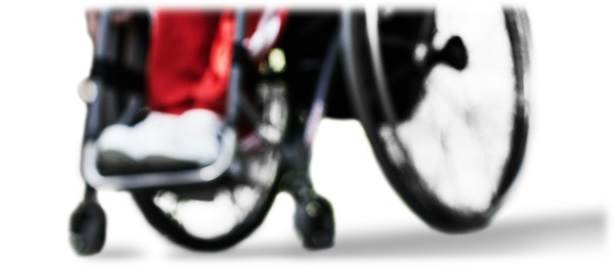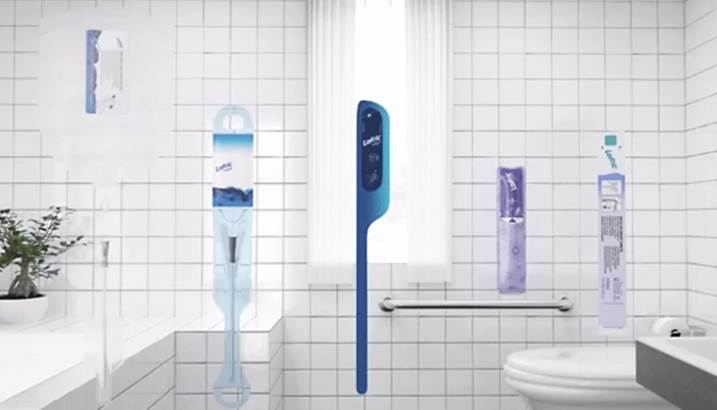Trips to the toilet during the night, inability to completely pass urine, leakage, a constant feeling of never having fully emptied the bladder. These are common experiences for men, often endured for years, inhibiting quality of life, and creating much anxiety. A simple checkup can restore peace of mind and provide a simple and painless solution.
Read More
Topics: Clean Intermittent Catheterization (CIC), Enlarged Prostate
Did you know that 8 out of 10 people living with Multiple Sclerosis (MS) experience bladder problems? And that the risk of developing MS is significantly higher for women than for men?
So, with the International Women’s Day in mind, we will put extra focus on MS and the bladder today!
Read MoreTopics: Clean Intermittent Catheterization (CIC), Multiple Sklerose (MS)
When you see someone in a wheelchair, you notice the obvious – this person can’t walk. But that’s just one issue, and not even the highest ranking that most people with Spinal Cord Injury (SCI) must negotiate.
Very often bladder and bowel problems are ranked as bigger obstacles than the ability to walk.
Learn more about the connection between SCI and the bladder in this blog post.
Topics: Clean Intermittent Catheterization (CIC), Spinal Cord Injury (SCI)
It might seem like a jungle out there, but let us help you point out the most important things to think about, when choosing the right catheter.
After a while CIC (Clean Intermittent Catheterization) becomes a part of your everyday life and emptying your bladder should therefore be as easy and comfortable as possible.
The catheter has to fit your needs, which means that there isn’t one specific type or model that is right for everyone. But there is some common, and important, advice.
Read MoreTopics: Clean Intermittent Catheterization (CIC)
It could be said in one sentence: The most important for your health and well-being (within your own control) is regular exercise, good sleep, varied food, daily routines, pauses for rest and relaxation, socializing with people you like and moderate alcohol intake. And still it can be so hard to live by…
This advice goes for everyone, regardless if you have a disability or not. But with a physical disability your lifestyle is even more important.
That’s why we asked the Spinalis foundation, the true experts on living with a Spinal Cord Injury, for guidance!
Read MoreTopics: Clean Intermittent Catheterization (CIC), Health








